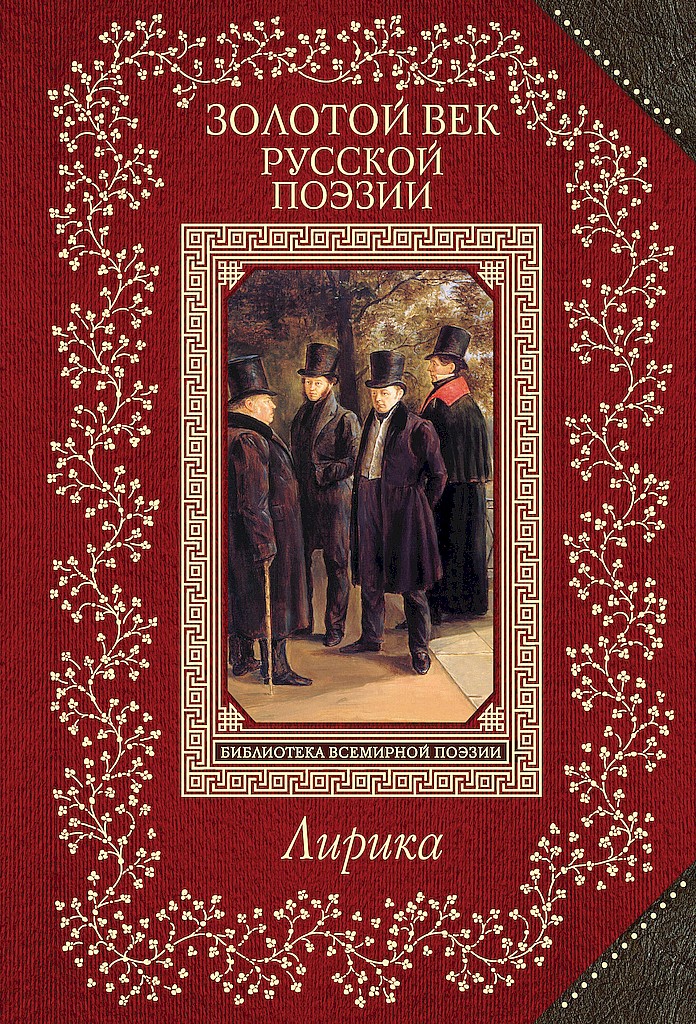Книга Русское мессианство. Профетические, мессианские, эсхатологические мотивы в русской поэзии и общественной мысли - Александр Аркадьевич Долин
Читать книгу Русское мессианство. Профетические, мессианские, эсхатологические мотивы в русской поэзии и общественной мысли - Александр Аркадьевич Долин полностью.
Шрифт:
-
+
Интервал:
-
+
Закладка:
Сделать
Перейти на страницу:
Перейти на страницу:
Книги схожие с книгой «Русское мессианство. Профетические, мессианские, эсхатологические мотивы в русской поэзии и общественной мысли - Александр Аркадьевич Долин» от автора - Александр Аркадьевич Долин:
Комментарии и отзывы (0) к книге "Русское мессианство. Профетические, мессианские, эсхатологические мотивы в русской поэзии и общественной мысли - Александр Аркадьевич Долин"








